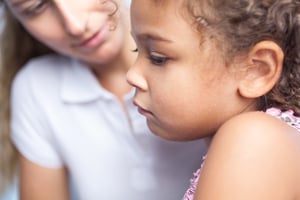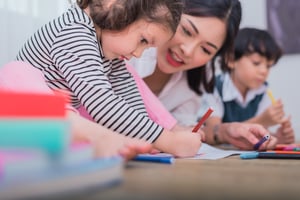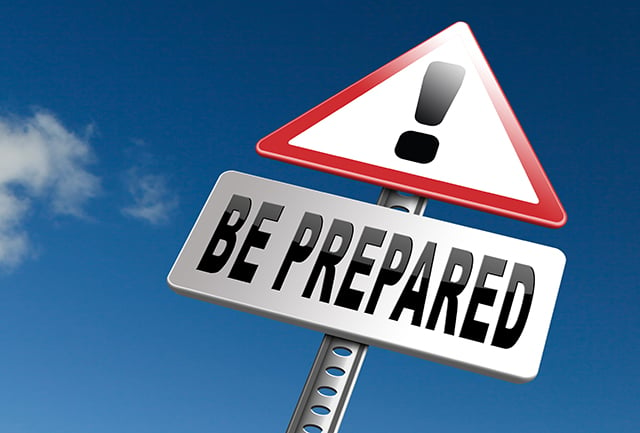 Early childhood professionals, researchers and policymakers are talking about childhood trauma. Traumatic events that children experience include abuse or neglect, divorce, or the incarceration of a parent. These experiences, known as adverse childhood experiences (ACEs), are common, often occur together and can impact long-term health outcomes such as heart disease, diabetes and even cancer.
Early childhood professionals, researchers and policymakers are talking about childhood trauma. Traumatic events that children experience include abuse or neglect, divorce, or the incarceration of a parent. These experiences, known as adverse childhood experiences (ACEs), are common, often occur together and can impact long-term health outcomes such as heart disease, diabetes and even cancer.
Early childhood professionals are on the forefront of this issue as an increasing number of children have undergone some type of traumatic experience in their young lives. According to data from the 2016 National Survey of Children’s Health, nearly one out of four (23 percent) children under the age of five have experienced one ACE and more than one out of 10 (12 percent) have experienced two or more ACEs. Trauma impacts children across all demographics and socio-economic lines.
What does childhood trauma have to do with quality early learning experiences?
We know from neuroscientists that the most significant brain development occurs within the first three years of life. During this period, more than one million new neural connections are formed every second. These connections develop when children interact with their environment and when a caring and responsive adult responds to them.
When very young children experience neglect, abuse and/or violence, it literally changes their brain development. That’s where quality early learning experiences come into play.
Children who have responsive and highly skilled early childhood educators are more likely to form attachment relationships. These relationships can buffer the impact of stress and trauma. When adults, including early childhood educators, are able to build positive, nurturing relationships with children, this establishes the sense of safety and predictability children need in order to thrive. Early educators must have the time, energy and skill to develop these relationships.
 Early childhood educators need to understand the science of child development in order to establish nurturing relationships with the young children in their care. They must have the practical skills to effectively keep children safe and healthy by creating an environment conducive to learning. They must have the skills to develop lesson plans, respond to challenging behavior, observe and assess children’s development and implement a curriculum. They must also engage with children and families in a culturally and linguistically responsive manner and communicate and build relationships with families. They must stay abreast of state licensing regulations and various quality improvement initiatives, and understand the implications of the latest research.
Early childhood educators need to understand the science of child development in order to establish nurturing relationships with the young children in their care. They must have the practical skills to effectively keep children safe and healthy by creating an environment conducive to learning. They must have the skills to develop lesson plans, respond to challenging behavior, observe and assess children’s development and implement a curriculum. They must also engage with children and families in a culturally and linguistically responsive manner and communicate and build relationships with families. They must stay abreast of state licensing regulations and various quality improvement initiatives, and understand the implications of the latest research.
Early childhood educators are expected to do all of this while earning near poverty-level wages and receiving few benefits. In addition, with the growing awareness of the critical nature of the early years, there’s a push to increase the minimum education requirements for early childhood educators. The burden of paying for additional education falls largely on the educators – and there’s no certainty that a new degree or certificate will lead to an increase in wages.
We can and we must do more to support early educators.
Additional funding is needed for:
- Scholarships for advanced degrees
- Supports for entering and succeeding in a college environment
- On-site coaching
- Mentoring and technical assistance to help educators translate learning into daily practice
- Apprenticeship programs that allow teachers to grow academically and on the job, and
- Increases in compensation to ensure that earning a degree and staying in the early childhood field is a financially viable choice.
Given the number of children growing up in less-than-ideal conditions – in families impacted by drug addiction, in foster care, in households or neighborhoods where they’ve experienced trauma – there’s a clear need for quality early care and education settings. Quality requires that we have a well-prepared, well-supported and well-compensated workforce. Early childhood professionals and our children deserve no less.






